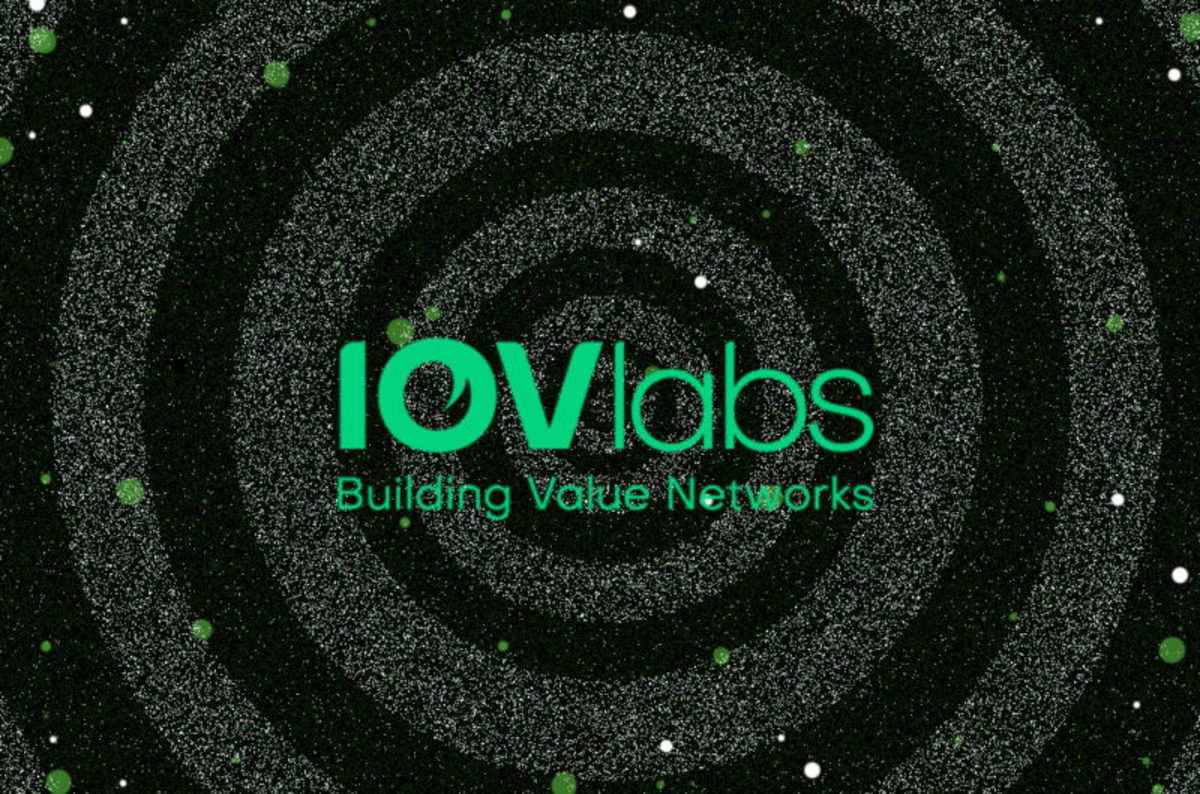IOV Labs, the company behind the Bitcoin-powered Rootstock (RSK) network, has acquired Latin American social network site Taringa for an undisclosed amount. Taringa is a 30 million strong network with over 1,000 active online communities.
The acquisition is expected to provide IOVLabs with access to invaluable data and information needed to test and distribute its decentralized infrastructure at scale.
Tokenizing User Feedback
Diego Gutiérrez Zaldivar, the chief executive of IOV Labs and RSK, wants to use this customer data to gain feedback as his team rolls out tools and protocols in the future. Speaking with Bitcoin Magazine, he said,
"We believe that integrating blockchain technologies and economies into existing social networks, with millions of users, can be an important gateway for their participation in the emerging internet of value. Through the acquisition of Taringa!, we intend on receiving immediate feedback on our features, to improve them together with the community as we go along, and to extend the entire Bitcoin ecosystem."
- Diego Gutiérrez Zaldivar
In order to collect this sort of feedback and utilize it, Zaldivar explained that IOV Labs will begin by using the Rootstock Infrastructure Framework (RIF) and RSK services to tokenize interactions on the social network.
“We are already building our first tool to allow Taringa users to get rewarded by being active participants in their communities,” Taringa CEO Matías Botbol explained in a press release sent to Bitcoin Magazine. “Once this is in place, we envision adding more features, including peer-to-peer token exchanges, a marketplace for other DApps to start offering products and services to our users, and more.”
RSK is a Bitcoin sidechain project that is connected to the Bitcoin blockchain via a two-way peg. The chain uses “smart bitcoin” (RBTC) to run its internal ecosystem, thus allowing users to lock their bitcoin and get a token representing that value on the sidechain. With these RBTC tokens, users can go on to interact with DApps and other smart contracts on the RSK blockchain.
Social networks are driven by the most popular and snappy content, where avid users strive to become “influencers.” These popular influencers are traditionally compensated outside of the network, usually based on the number of interactions that their branded content accumulates over time.
The question of how to reward these content creators in a more direct, equitable or tokenized way has been an ongoing concern for Taringa. In July 2019, it launched a pilot program called “Taringa Pioneers,” a system that sought to reward popular content creators on the network with cryptocurrency.
Decentralized Storage and Payments
According to Zaldivar, IOV Labs will be integrating the RSK wallet into Taringa. This will allow them to experiment with several incentive models for compensating content creators in the community using bitcoin and RBTC.
The blockchain firm also has plans to move Taringa’s infrastructure to RIF-based decentralized protocols. Its naming service protocol, RIF Directory, which functions as a secure, DNS-like system, would house Taringa user registration and reputational profile protocols. Meanwhile, RIF Data will handle secure storage and distribution of content.
“We see Taringa! as the first step towards massive adoption of both RSK and RIF platforms, and a great step forward for our long term vision of empowering individuals through decentralization,“ Zaldivar said. “We can’t wait to share more news about the first products very soon, as we continue building the internet of value.”
In July 2019, RSK took a step further in bringing decentralized storage to Bitcoin by joining forces with Swarm to develop a multi-chain distributed storage network.
“Our vision is to create an open marketplace for decentralized infrastructure and services, so this is the first step toward integrating other protocols into the RIF OS,” Zaldivar told Bitcoin Magazine.











